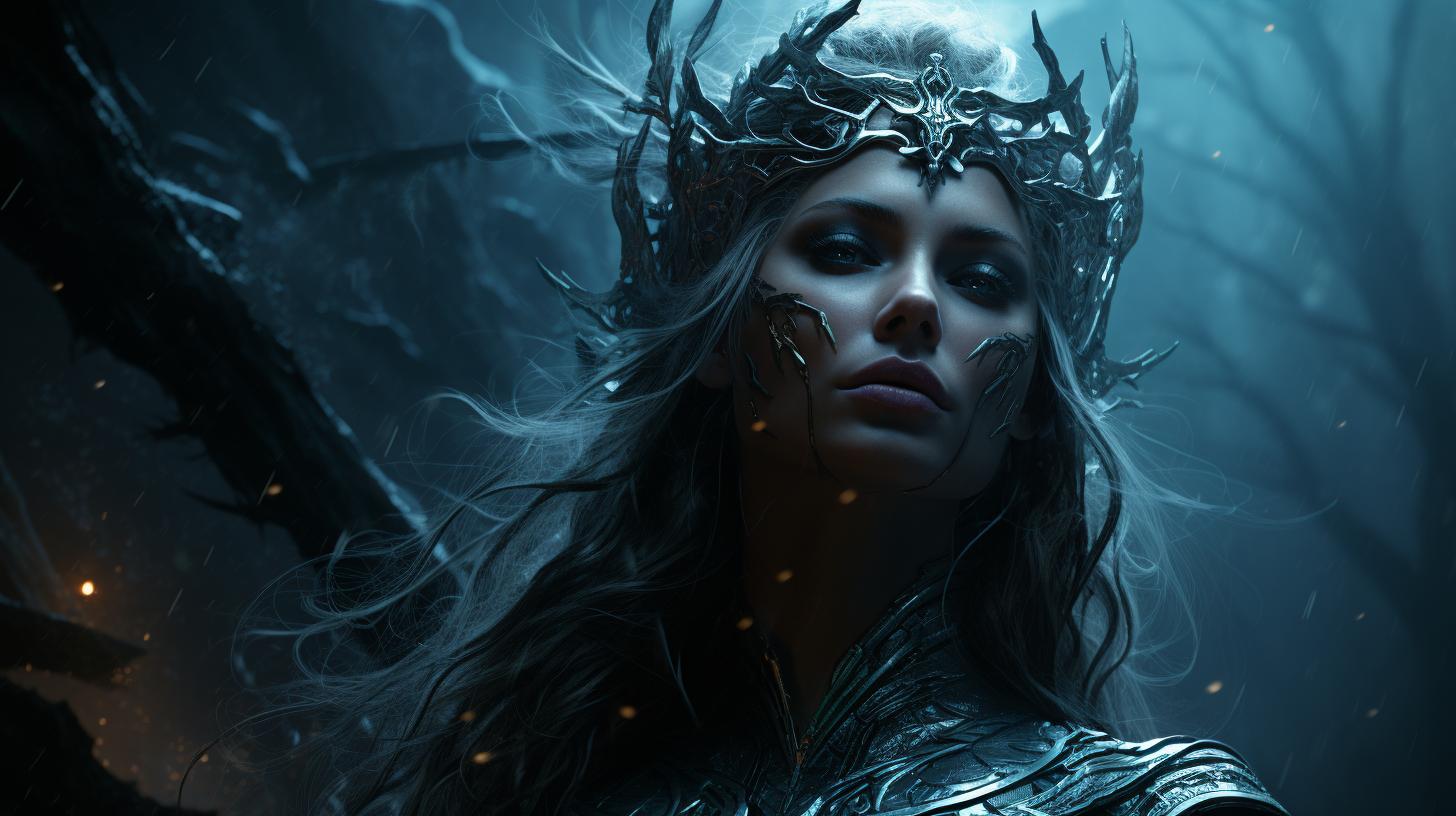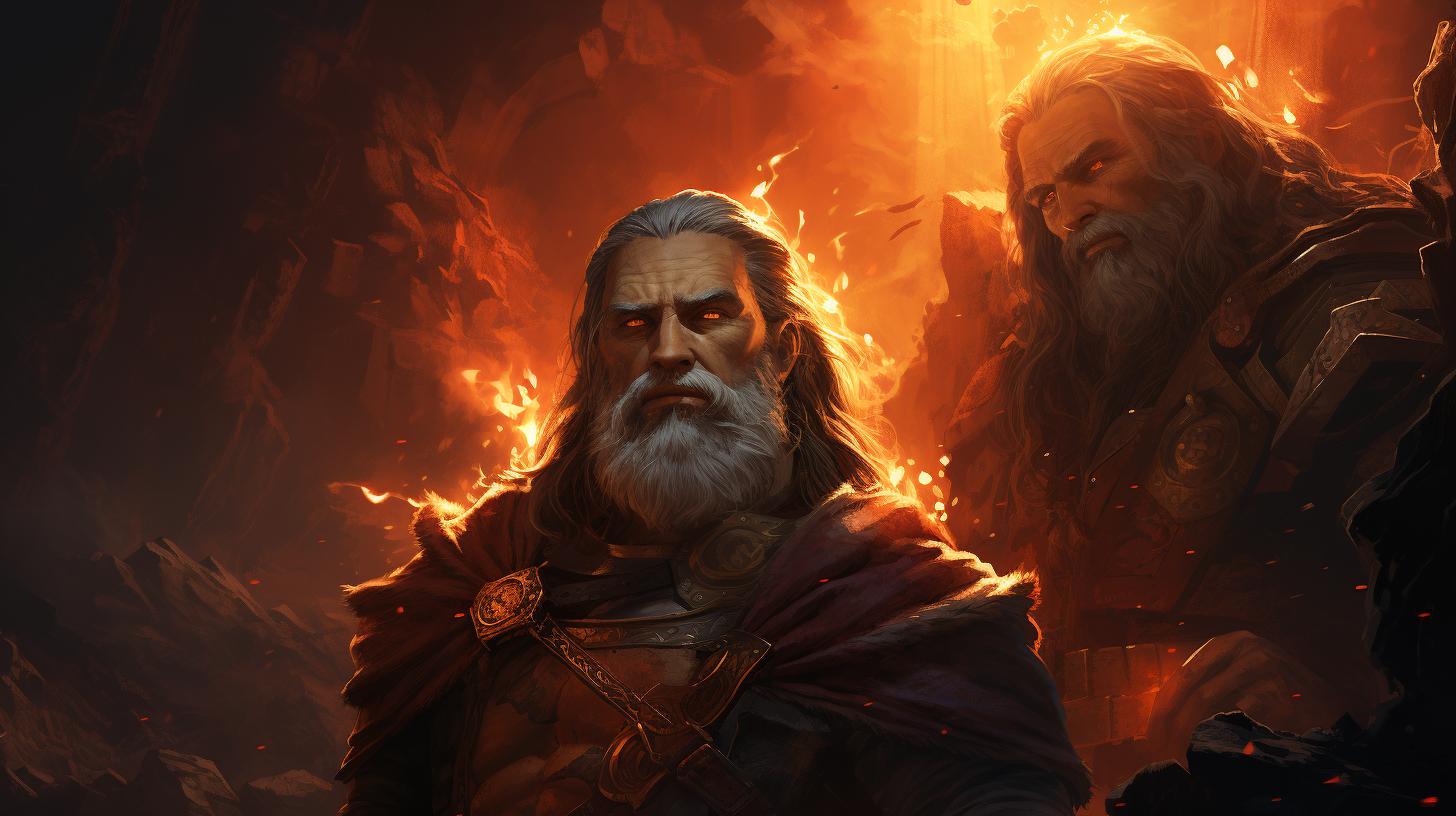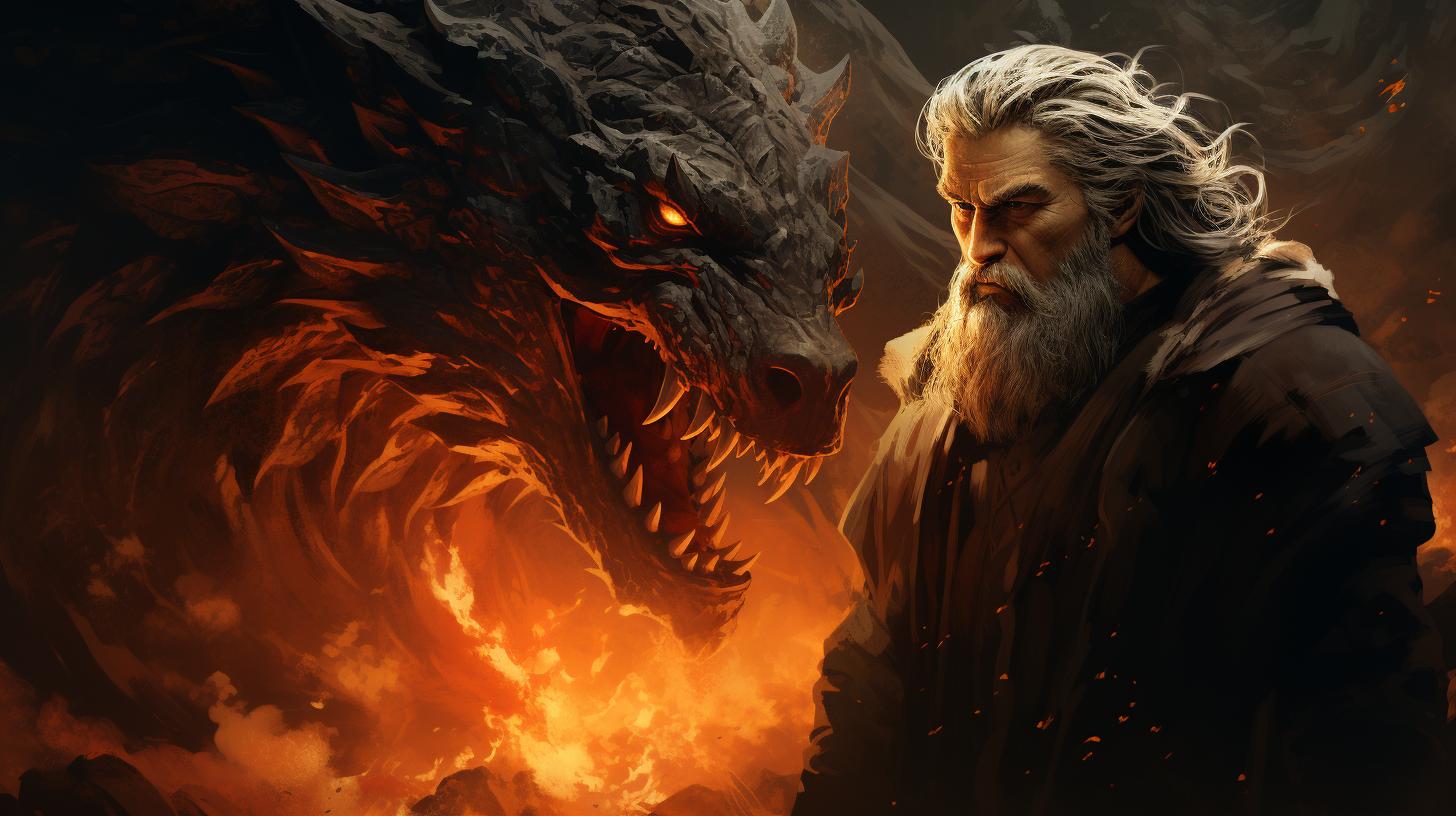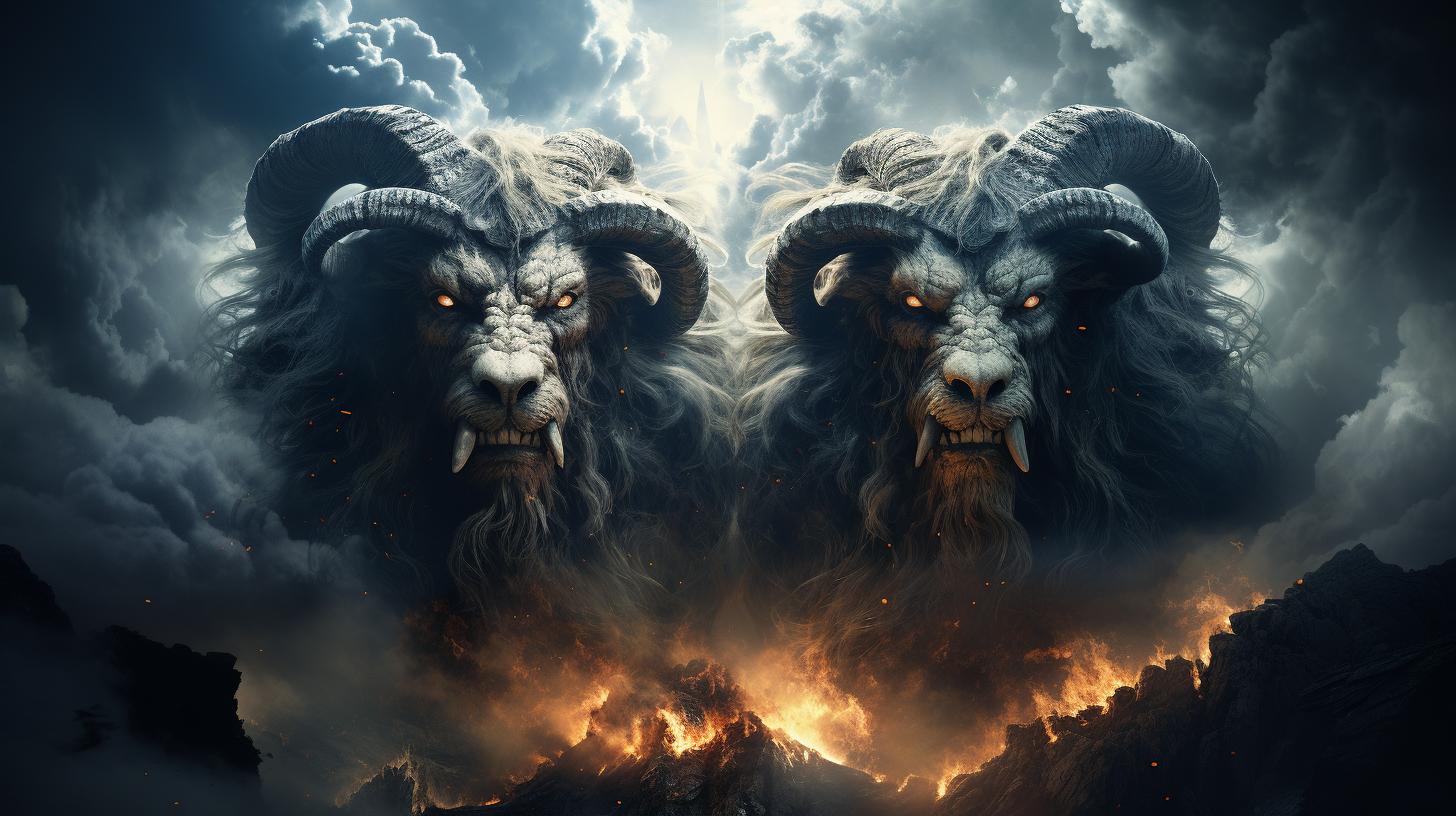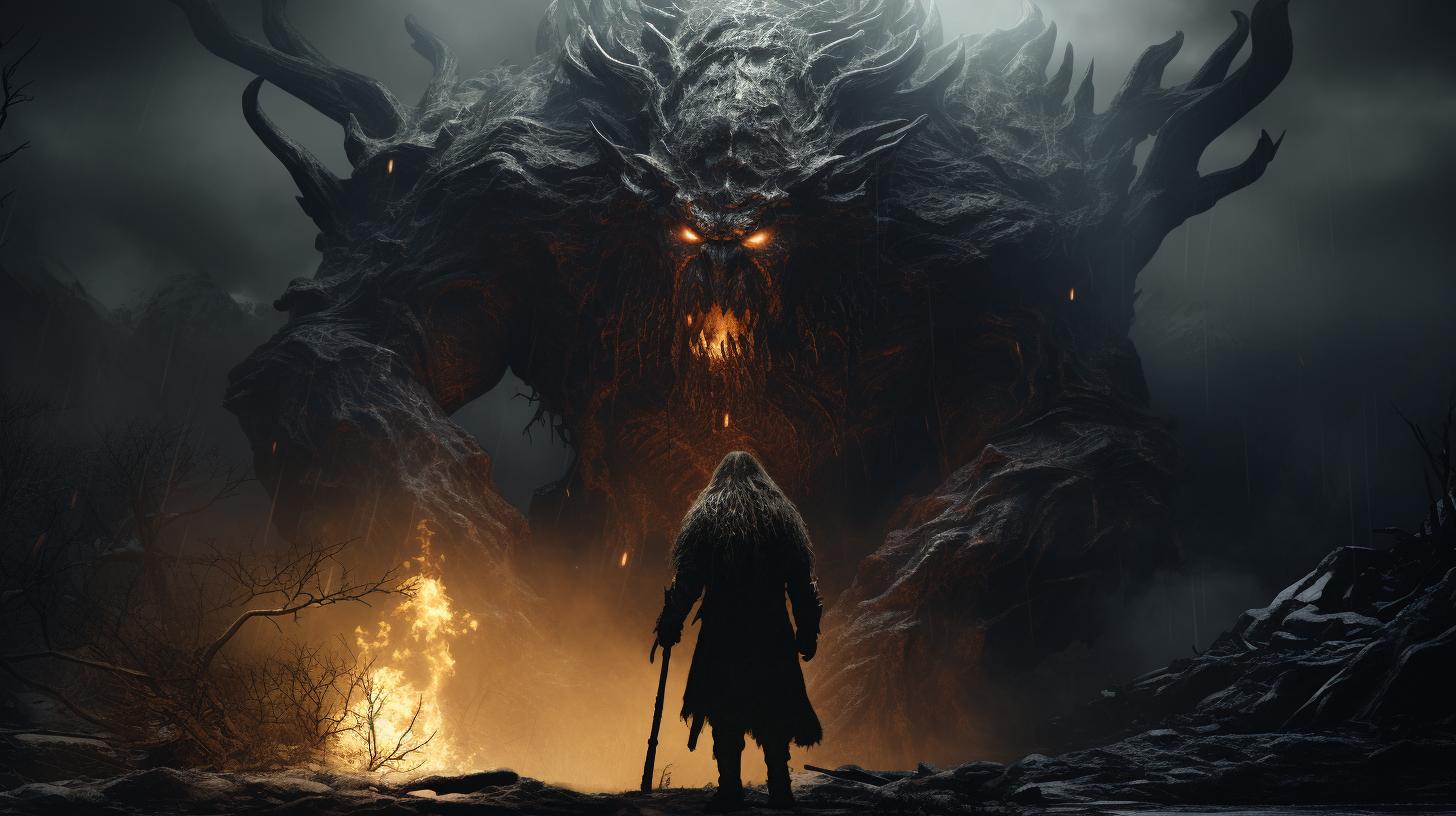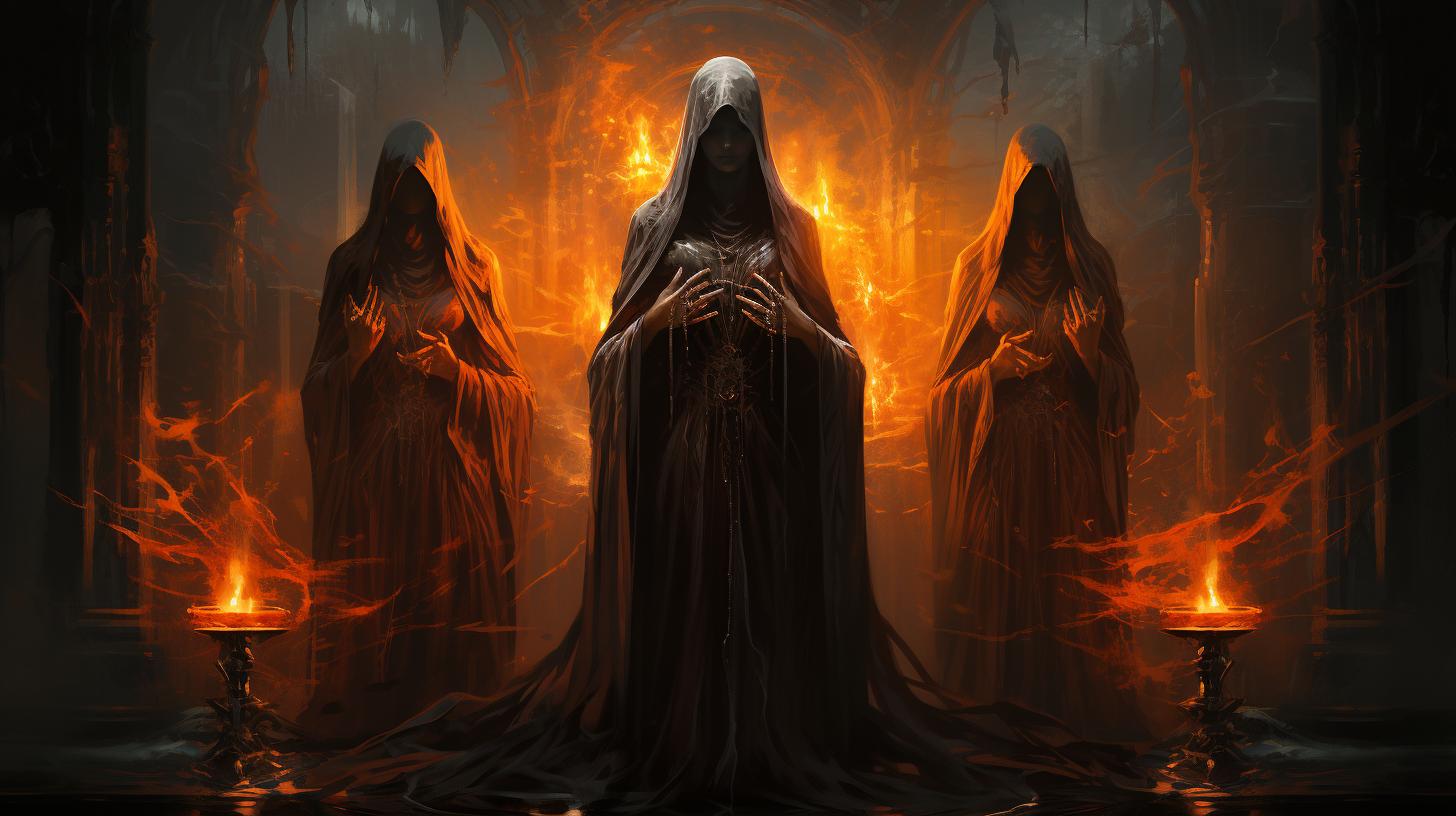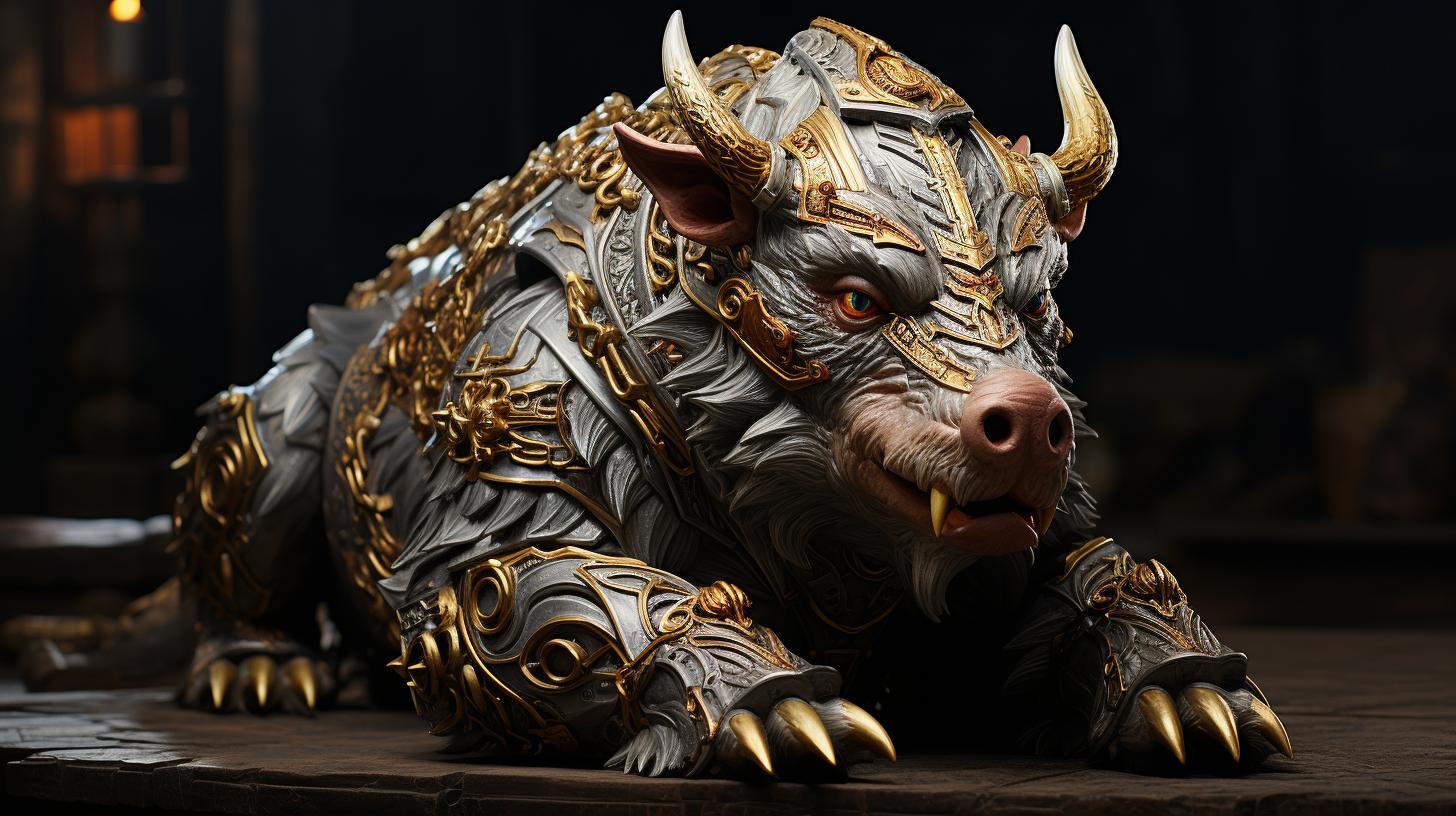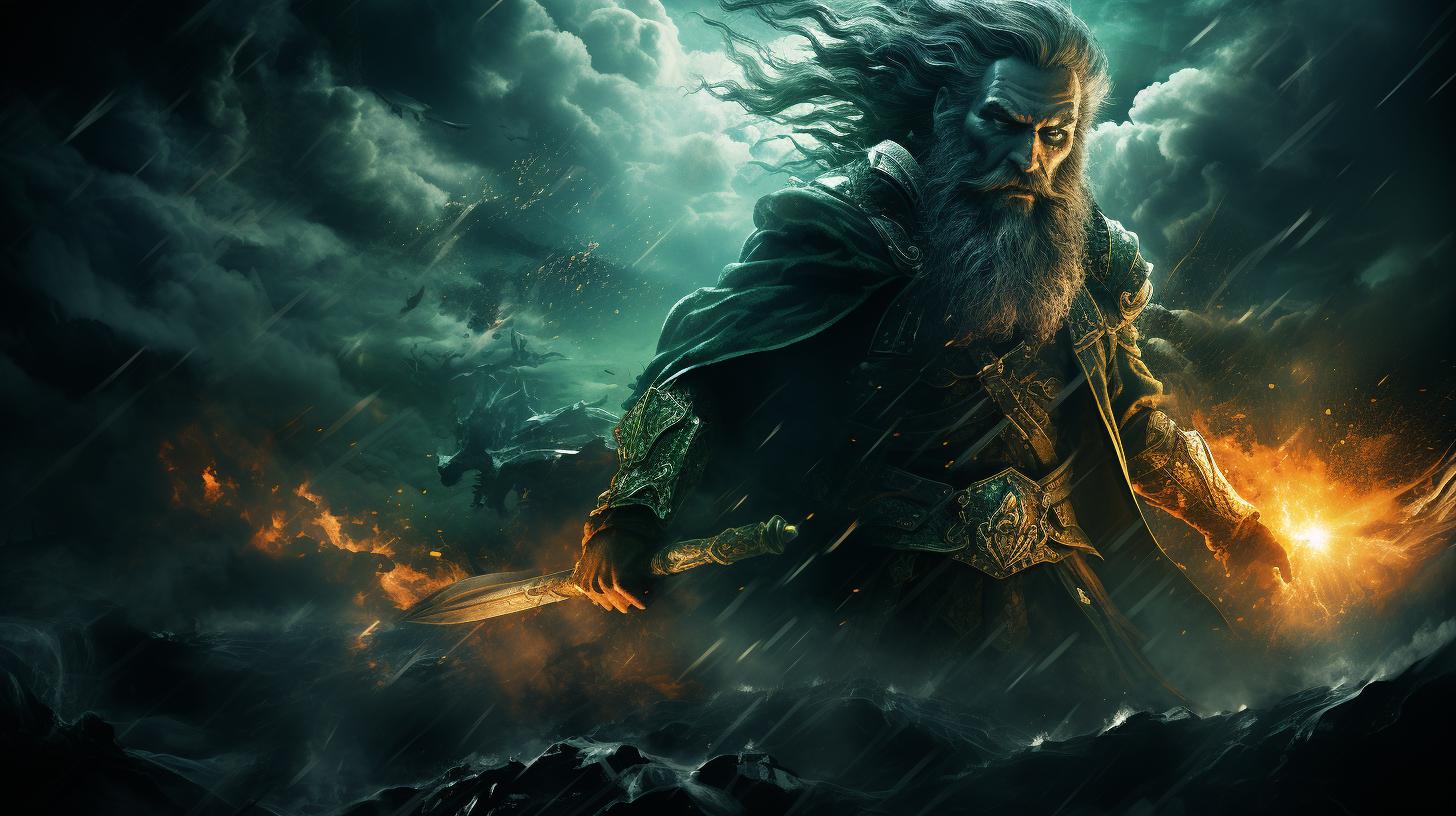Who is Laufey in Norse Mythology: Unraveling the Enigmatic Norse Figure
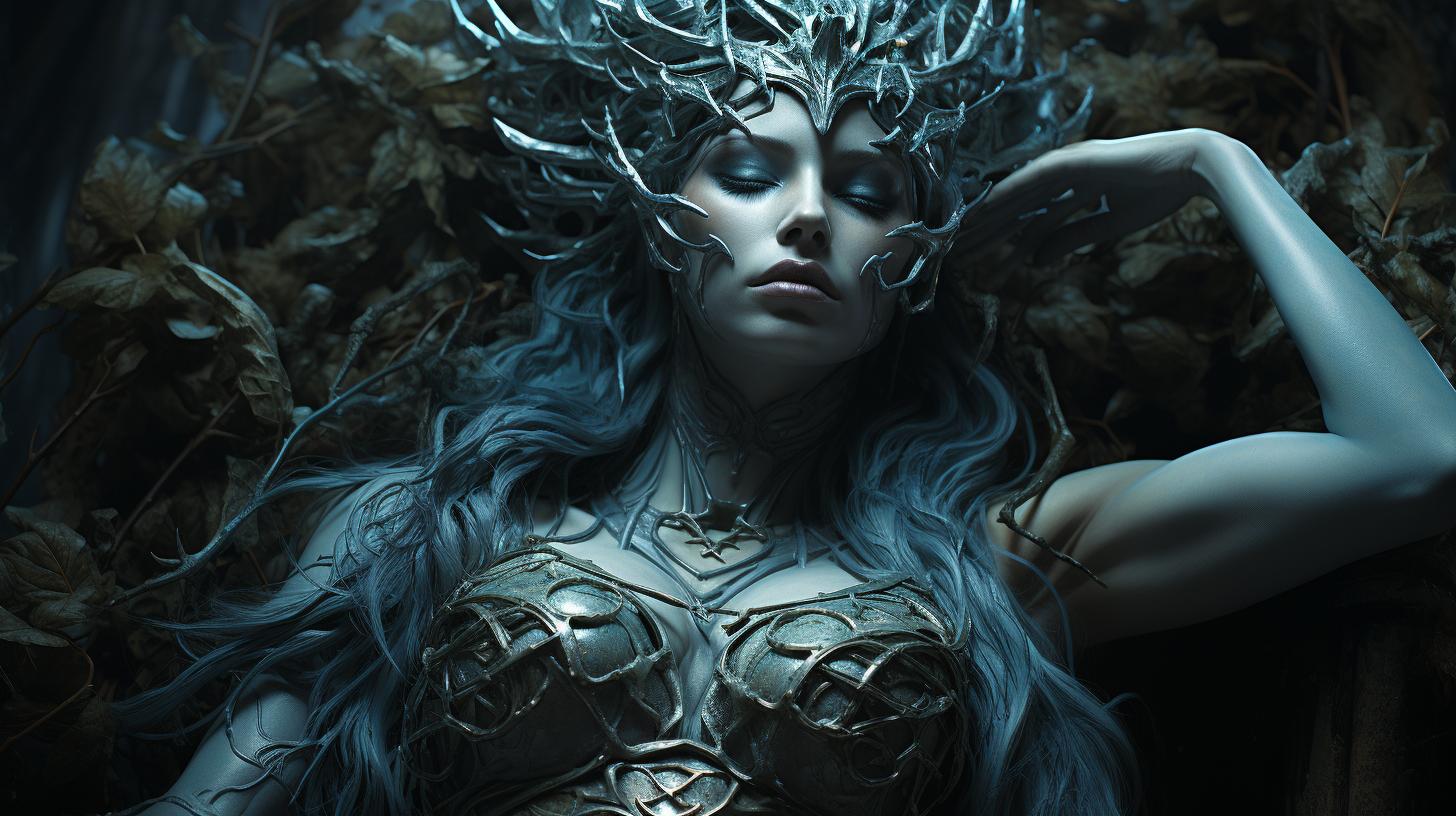
Laufey is an intriguing character in Norse mythology, often recognized as the mother of Loki. In this article, we will explore who Laufey is and her significant role in the ancient Scandinavian tradition.
Discover the origins of this enigmatic figure and her association with fertility and chaos. Additionally, we will delve into Faye, The God of War, and Laufey’s connection, as well as the pronunciation of Laufey in Old Norse.
Join us in unraveling the mysteries of Laufey in Norse mythology.
Understanding Norse Mythology
Norse mythology is a rich and captivating collection of stories, legends, and beliefs that originated from the ancient Norse civilization. These myths were an integral part of the Norse culture, shaping their worldview and providing explanations for natural phenomena, human existence, and the complex relationships between gods, giants, and other mythical beings.
The Key Figures in Norse Mythology
Norse mythology is populated by a diverse cast of deities, giants, heroes, and supernatural creatures. This section explores some of the most prominent figures in Norse mythology, shedding light on their roles, characteristics, and interactions within the mythological framework.
- Odin: The Allfather and ruler of the gods, associated with war, wisdom, and magic.
- Thor: The mighty god of thunder and protector of mankind.
- Loki: The mischievous shape-shifting trickster, often depicted as both a friend and a foe.
- Frigg: The queen of the gods and goddess of marriage, motherhood, and foresight.
- Freya: The goddess of love, beauty, and fertility, associated with magic and war.
- Baldr: The god of beauty, purity, and light, known for his tragic death.
- Heimdall: The watchman of the gods, guardian of Asgard, and possessor of the all-seeing eye.
- Tyr: The brave god of law, justice, and heroic glory.
- Hel: The ruler of the underworld, where those who die of old age or illness go.
- Fenrir: The monstrous wolf, destined to bring about Ragnarok, the end of the world.
Their Epic Tales
These deities, along with other important figures, engage in epic adventures, tests of bravery, and conflicts that shape the Norse mythological landscape.
From Odin’s quest for knowledge to Thor’s battles against giants and Loki’s web of mischief, their stories reveal the complex nature of the Norse gods and their impact on the world of mortals.
Unveiling Laufey in Norse Mythology
Discover the intriguing character of Laufey in Norse mythology, an enigmatic figure with a significant role in ancient Scandinavian tradition.
Who is Laufey?
Laufey, often recognized as the mother of Loki and referred to as a giantess, is a captivating presence in Norse mythology. Explore the origins and nature of Laufey, as well as the various interpretations surrounding this mysterious character.
Laufey’s Role as Loki’s Mother
Delve into the crucial role Laufey plays as the mother of Loki, the mischievous trickster deity. Uncover the significance of her maternal association, her connection to fertility, and her intriguing powers of healing and care.
Contrary to some modern adaptations, the original texts consistently depict Laufey as a female deity and a maternal figure. Embrace the traditional understanding of Laufey’s gender and explore the depth of her influence in Norse mythology.
Exploring Faye, The God of War and Laufey
This section delves into the intriguing connection between Faye, The God of War, and Laufey in Norse mythology. Marvel at the enigmatic links between these two powerful figures as we uncover their roles and significance within the ancient Scandinavian tradition.
Faye’s Connection to Norse Mythology
Unravel the mysteries surrounding Faye’s connection to Norse mythology. Delve into the ancient texts and discover the origins and mythological significance of this captivating character. Explore the symbolism and lore that intertwines Faye’s story with the rich tapestry of Norse mythology.
Did Faye Die in God of War?
One of the pressing questions surrounding Faye is whether she met her demise in God of War. Embark on a gripping exploration into the events of the game and the implications for Faye’s fate.
Analyze the clues and theories as we unravel the truth behind this pivotal moment in the God of War universe.
Pronunciation of Laufey in Old Norse
In the realm of Old Norse, the pronunciation of names and words can vary, and Laufey is no exception. Although there is no specific pronunciation mentioned in ancient texts, we can make educated assumptions based on linguistic rules in Old Norse.
Given that Laufey is a Norse name, it is likely that it would be pronounced according to the linguistic patterns of that era. However, due to language evolution over time and regional variations, there may be differences in the pronunciation of Laufey across different dialects or historical periods.
It is essential to note that correct pronunciation is crucial in understanding the cultural significance and historical context of Laufey in Norse mythology. While there may be variations in pronunciation, it is valuable to strive for accuracy in honoring the language and traditions of the ancient Norse people.
.

